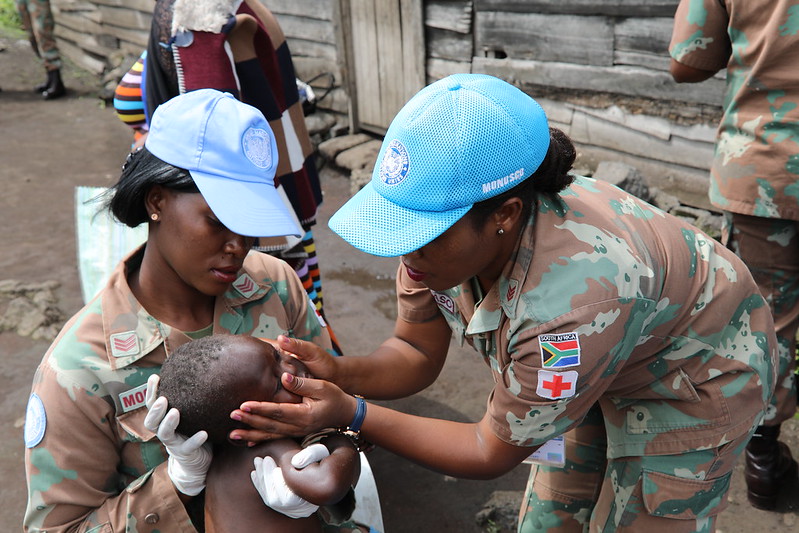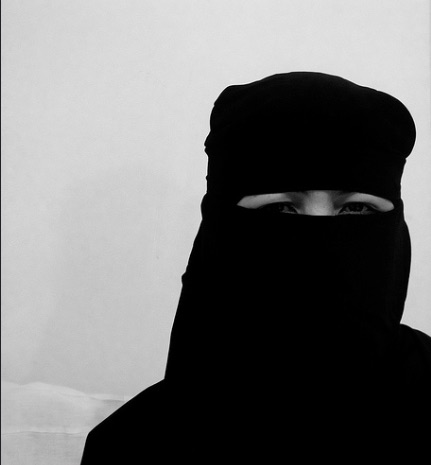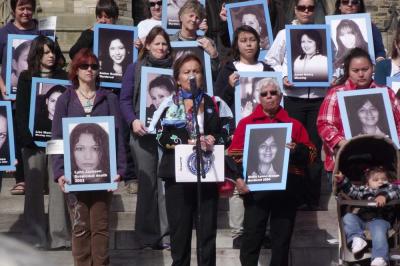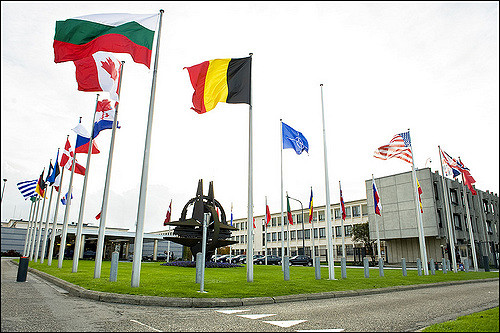It’s no secret that much of the scope of international relations, especially the security sector, is a world dominated by men. In high-level political forums, military zones, negotiation processes – women are still largely outnumbered by men in these spaces. However, the power of women in peacekeeping and peace operations cannot go understated.
Women who are involved in peacekeeping often contribute to more effective measures of peace and security – women are able to effectively engage with their communities, better access vulnerable populations including other women and children, and can help build trust and confidence within their local communities. Further, in 2022, the Secretary-General of the United Nations declared in his report on women, peace and security, that the unconditional defense of women’s rights and the protection of women human rights defenders are central pillars of the UN’s peace and security work. The resiliency of women worldwide is the pathway to peace in regions affected by armed and protracted conflict. However, this cannot be achieved without the recognition of women’s full and equal participation in peace and security processes globally.
It has been nearly 23 years since the adoption of the United Nations Security Council Resolution 1325, which reaffirmed the important role of women in the prevention of conflicts, peacebuilding, peace negotiations, and so forth. Resolution 1325 urges all actors to recognize and increase the participation of women, and to incorporate a gender analysis and perspective into all efforts by the United Nations for peace and security.
Since the adoption of Resolution 1325, several international organizationa, including NATO, have made dedicated efforts to expand the field known as women, peace and security within their ranks. Gender Advisors (known as department GENAD) at NATO work to bring forth a gender perspective into all NATO missions and operations, with respect to critical issues such as climate change, sexual and gender-based violence, and the safeguarding of children.
Even without the official title of a UN peacekeeper, women have been working the frontlines of peacebuilding processes for decades. For instance, Dr. Yvette Chesson-Wureh of Liberia, who recognized that the future of a new generation of women’s leadership would need education and mentorship for the young women growing up in a post-conflict Liberia. With only limited resources and the momentum of the women with her, Chesson-Wureh created the “Women’s Situation Room” for Liberian elections in 2011, which works with communities in advocating, mediating and intervening in violent and tense situations during elections in several countries. Or, Myrna Masukat of the Philippines, who, through grassroots organizing and lobbying, advocates for Muslim inclusion and the recognition and rights of the Bangsamoro people, and to strengthen the political leadership of Moro women and youth. The work of women in peacebuilding at the grassroots level often goes unnoticed, uncompensated, and overlooked – but the influence and presence women and girls can have on their communities can make all the difference.
While considerable progress has been made in the inclusion of women in peace processes, there is still a long stretch ahead. Between 1992 and 2019, women made up, on average, only 13 percent of negotiations, 6 percent of mediators, and 6 percent of signatories in major peace processes around the world. By these metrics alone, there is surely more to be done to ensure the full participation of women in peace and security.
If we are to assess one nation’s goodwill in actively including women as part of their peacekeeping operations, we can look no further than Indonesia. Indonesia has seemingly embraced Resolution 1325 with full force, as one of the largest contributors of female peacekeeping personnel. Since 1999, Indonesia has sent more than 570 women peacekeepers to various UN peacekeeping missions. Canada, by comparison, has only sent 17. With Indonesia as a non-permanent member of the United Nations Security Council in 2020, the Security Council adopted Resolution 2438, which calls for a re-strengthening of collective efforts towards women’s full and meaningful participation in all peacekeeping positions. The importance of the inclusion of women in peacekeeping operations is, and remains, vital for the maintenance of peace, security and gender equality. Women, as agents of change, must be given equal and accessible participation in all aspects of security, including negotiations, peace talks, and mediations.
No women, no peace. The full and meaningful participation of women in peace processes helps to ensure an equitable, resilient world for all.
Photo: A team of MONUSCO female peacekeepers partner with a local women organization to provide hygiene, medical and nutritional care to orphaned, vulnerable and abandoned children, by MONUSCO/Michael Ali via Creative Commons. Licensed under CC-BY-SA. 2.0.
Disclaimer: Any views or opinions expressed in articles are solely those of the authors and do not necessarily represent the views of the NATO Association of Canada.




